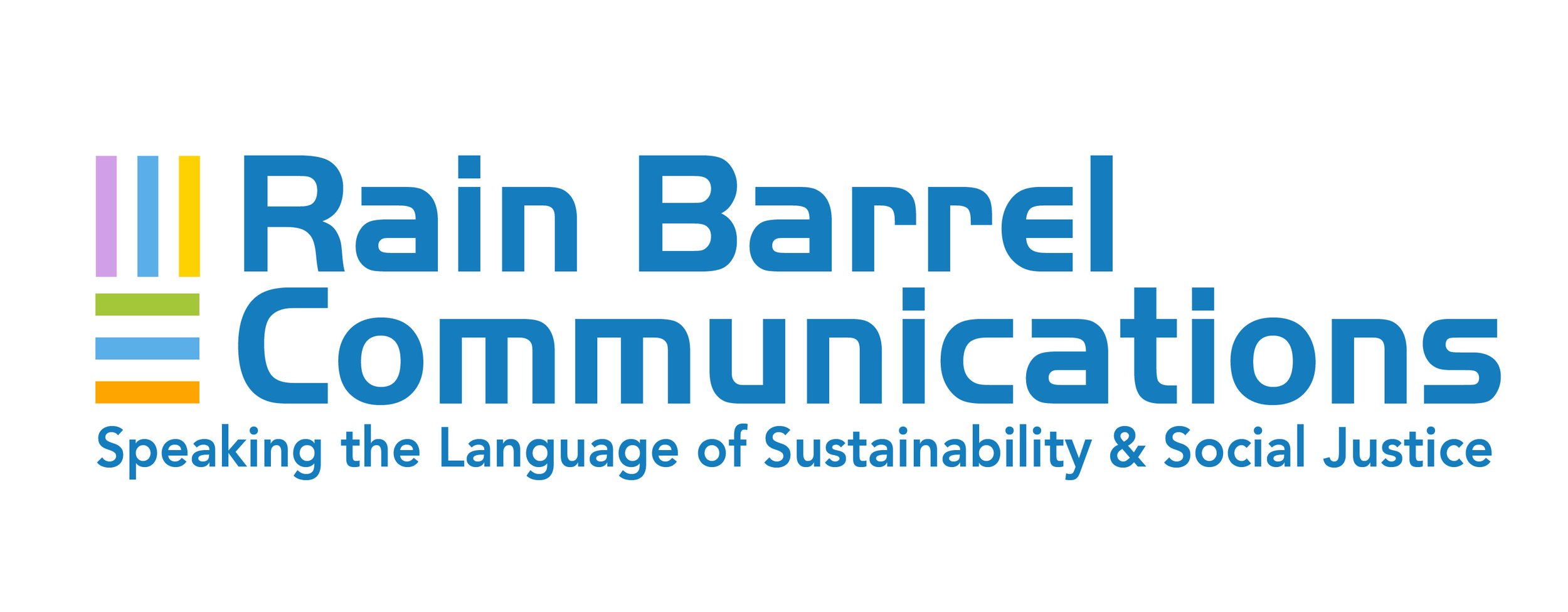Back to Healthy Eating for Indonesian Teens
By Teresa Stuart Guida
Dara and Budi*, like many Indonesian adolescents, face the double burden of malnutrition. This means that while many girls and boys in Dara and Budi’s junior high school are stunted or thin, an increasing number of others are becoming overweight or obese – a problem now affecting rich and poor nations alike around the world.
Adolescent girls in a junior high school in West Lombok, Indonesia
Among girls in particular, undernutrition manifests itself in iron deficiency anemia. Stunting and thinness are also prevalent among adolescent girls and boys in low-income, rural households. Overnutrition, or those who are overweight and obese, mostly affects teens who come from wealthier, urban households.
Indonesia’s 2013 National Basic Health Survey reports a prevalence of inadequate dietary habits among adolescents. The study shows that teens consume more processed, sugary and energy-dense foods, have long gaps between meals, and eat less fruits and vegetables. Data also indicate that they lack physical activity, partly owing to the high number of hours spent online and using electronic gadgets. Higher numbers of Indonesian boys and girls are also riding scooters or motorized bikes rather than using bicycles or walking to school. Adolescents who have poor eating patterns and inadequate physical activity are prone to micronutrient deficiencies and overweight that can lead to chronic diseases into adulthood.
Launch of Aksi Bergizi Adolescent Nutrition Programme, Klaten, Indonesia. 18 Nov 2018
The Government of Indonesia acknowledges the urgency of increasing its attention and investment in adolescent nutrition research, policymaking and programming. Adolescent nutrition can positively impact the well-being of future generations. For one thing, the nutritional status of adolescent girls is closely linked to future pregnancy outcomes and to the health and survival of mother and child. For another, boys and girls with healthy dietary practices and active lifestyles can make optimal use of their energies, talents and skills. These healthy practices will prepare them to become productive members of society and responsible parents who will raise healthy children.
Rain Barrel Communications’ team of experts – made up of Teresa Stuart (team leader), Vida Parady, Ami Sengupta and Suruchi Sood – is currently working with the Government of Indonesia and UNICEF, together with the Regional Centre on Food and Nutrition (RECFON) of the Southeast Asian Ministers of Education Organization (SEAMEO), in a pioneering approach to address the dual burden of adolescent malnutrition.
“Nutritional interventions targeting adolescents can break the intergenerational cycle of malnutrition and poverty and reap positive benefits to the economy and health of countries. Yet, adolescent nutrition has been neglected or received inadequate attention in Indonesia and worldwide. – Soekarjo, et al, 2018
”
Together, we are piloting an innovative package of nutrition improvement interventions with the active involvement of adolescents in selected junior and senior high schools in two districts, West Lombok and Klaten. The package is aptly called Aksi Bergizi or “nutritious action”. It consists of three interdependent interventions that are designed for national scale up:
Weekly iron folic acid supplementation (WIFS) for girls and boys to control and prevent anaemia.
Thirty-six weekly nutrition lessons (WNL) of 40-minute duration. Each lesson is designed to be interactive to make learning fun and memorable.
A comprehensive and gender-responsive Social and Behaviour Change Communication (SBCC) strategy with detailed implementation guidelines. The SBCC goal is for adolescents to practice and promote healthy eating and regular physical activity.
Rain Barrel is proud to lead in the third intervention. By participating in different SBCC and school mobilization activities aligned with WIFS and WNL, students internalize the importance of practicing healthy diets and regular physical activity. Their involvement in turn empowers them to promote and model their healthy actions.
As of April 2019, we completed the deliverables in the contract (that commenced in September 2018). Our task was to design an evidence-based and gender-responsive SBCC strategy with a participatory behaviour assessment framework, and a costed implementation plan.
Teams of junior and senior high school students present their plans for Aksi Bergizi school activities during FGDs in West Lombok and Klaten in August 2019
UNICEF Indonesia saw the need to extend the Rain Barrel contract so that we could strengthen district and school capacity in implementing SBCC activities and participatory behaviour assessment. Pilot schools and district managers need detailed implementation guidelines for each SBCC approach. In particular, schools need step-by-step instructions on how to manage school mobilization activities. Districts also need guidelines on how to coordinate and manage the different activities. Field facilitators need training on the mechanics and tools for participatory behaviour assessment as well as on documenting promising practices that are worth replicating for national scale-up.
In July, Rain Barrel offered a lively three-day workshop on participatory behaviour assessment with district implementers and adolescents. In August, we revisited some of the pilot schools to conduct focus group discussions with students and their teachers who serve as Aksi Bergizi school teams. Our aim was to draw out feedback and insights in order to tailor-fit the draft implementation guidelines that we prepared in May and June. And then we offered a one-day workshop on documenting promising practices for field facilitators in the two districts. By end of September 2019, the Rain Barrel contract ends with the submission of the final draft of the SBCC Implementation Guidelines. Activities for the entire pilot project will be in full swing until June 2020, when impact will be measured with an eye to strengthening and expanding the initiative.
Using behavior and social change communication methodologies to improve the health and fitness of adolescents involves entering largely uncharted territory and faces formidable obstacles due to the combined influences of age, tradition and modern lifestyles. Rain Barrel is honored to work with Indonesian students and schools, UNICEF and government authorities, to pave new ground with the Aksi Bergizi experiment.
Aksi Bergizi field facilitators take a photo-op with RBC and SEAMEO-RECFON teams during the Workshop on Documenting Promising Practices in West Lombok
*Not their real names




